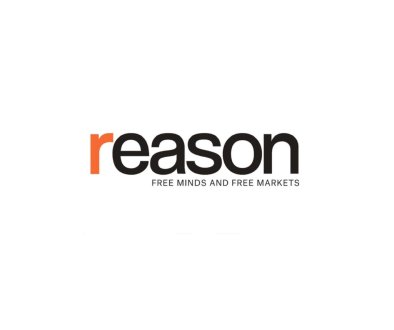Defending the Court of International Trade Ruling Against Trump’s Tariffs—A Reply to Jack Goldsmith
Many prominent legal scholars and former government officials across the political spectrum have supported the lawsuit challenging Trump’s “Liberation Day” tariffs brought by the Liberty Justice Center and myself, and backed the recent US Court of International Trade decision in our favor. But the ruling does have its critics, and one of the most prominent is Harvard law Prof. Jack Goldsmith. He doesn’t quite conclude the ruling is wrong. But he clearly has serious reservations about it, outlined in a notable article on the Executive Functions substack, where he also criticizes the recent US District Court of DC (DDC) ruling against the tariffs. In this post, I explain why those reservations are generally misplaced.
As the CIT opinion emphasized, the key factor behind the decision was the “unbounded” nature of the tariff authority claimed by Trump: “The question in the two cases before the court is whether the International Emergency Economic Powers Act of 1977 (“IEEPA”) delegates…. to the President…. authority to impose unlimited tariffs on goods from nearly every country in the world.” The CIT ruled IEEPA did not grant such limitless power, and that it would be an unconstitutional delegation of legislative power if it did.
Goldsmith contends “the administration did not claim an unbounded or limitless power” because “Trump’s tariffs complied with IEEPA’s substantive and procedural requirements.” He notes that Trump declared a “national emergency” with respect to trade deficits and further claimed the deficits are an “unusual and extraordinary threat” to the US economy and national security, thus supposedly meeting IEEPA’s requirements.
But Goldsmith overlooks the fact that the administration consistently maintained that the president has absolute, unreviewable discretion to determine qualifies as a “national emergency” and an “unusual and extraordinary threat.” And if trade deficits—which are completely normal and not a threat at all—qualify as an “unusual and extraordinary threat,” so can virtually anything. This is undeniably a claim to unlimited tariff authority. And the CIT rightly concluded as much.
As CIT Judge Jane Restani put it in oral argument, the administration’s position would allow the president to impose tariffs for any “crazy” reason, such as a “peanut butter shortage.” Indeed, the hypothetical peanut shortage tariff would be less abusive and ridiculous than Trump’s trade-deficit rationale. Peanut butter shortages are at least somewhat unusual, and would be a genuine problem, whereas trade deficits are neither.
The CIT also rightly concluded that IEEPA doesn’t leave determination of what tariffs to impose entirely up to the president: “IEEPA’s provisions… impose meaningful limits on any su
Article from Reason.com

The Reason Magazine website is a go-to destination for libertarians seeking cogent analysis, investigative reporting, and thought-provoking commentary. Championing the principles of individual freedom, limited government, and free markets, the site offers a diverse range of articles, videos, and podcasts that challenge conventional wisdom and advocate for libertarian solutions. Whether you’re interested in politics, culture, or technology, Reason provides a unique lens that prioritizes liberty and rational discourse. It’s an essential resource for those who value critical thinking and nuanced debate in the pursuit of a freer society.



